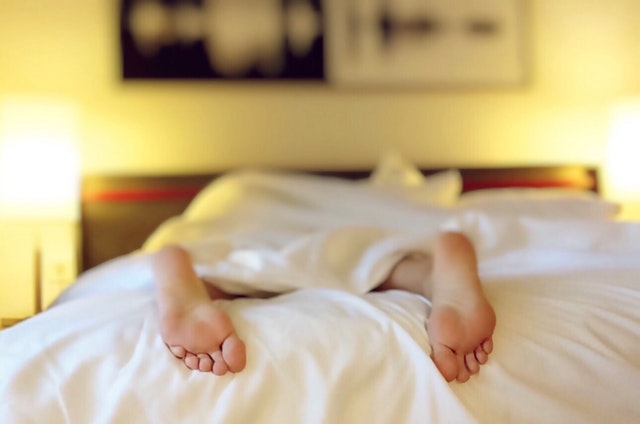A recent study examined the connection between poor-quality sleep and its effect on the health of teenagers and kids.
Sleep is important at all stages of life, but recent research has shown that it is particularly important in adolescence. While it is recommended that teenagers receive between 8 to 10 hours of sleep every night, some estimate that as little as 17% (and as much as 70%) of adolescents sleep less than eight hours. In addition, between 10% and 45% of adolescents experience sleep disturbances, which include trouble falling or staying asleep.
Sleep and health appear to be strongly related in teenagers. It has been shown that sleep quality and quantity are more significant predictors of youths’ health than fruits and vegetable consumption, physical activity, or substance use.
A recent study in Canada has looked into how sleep deprivation affects the health of young people, and whether there are any differences between genders. To do this, the researchers used data from measures of sleep and health of over 3,100 adolescents between the ages of 13 and 18.
Published in the Journal of Preventive Medicine, the results show that for kids who regularly had trouble falling or staying asleep, reports of lowered health were almost two-and-a-half times more likely. This result was particularly true for boys and remained an issue even when the participants had experienced trouble falling or staying asleep for only one night per week.
However, the study found no connection between lowered sleep quantity and health measures. There were no detrimental correlations in terms of sleep and health in kids who reported sleeping less than eight hours per night.
Since this study is observational, it can demonstrate that there is a relationship between sleep and health, but it cannot determine whether one causes the other. Nevertheless, the results do demonstrate that there is an important issue that needs to be studied further. Low-quality sleep in teenagers can be detrimental to their health, especially if it goes unnoticed and untreated.
Written by Maor Bernshtein
Reference: Conklin, A. I., Yao, C. A., & Richardson, C. G. (2019). Chronic sleep disturbance, not chronic sleep deprivation, is associated with self-rated health in adolescents. Preventive Medicine, 124, 11-16. doi:10.1016/j.ypmed.2019.04.014



